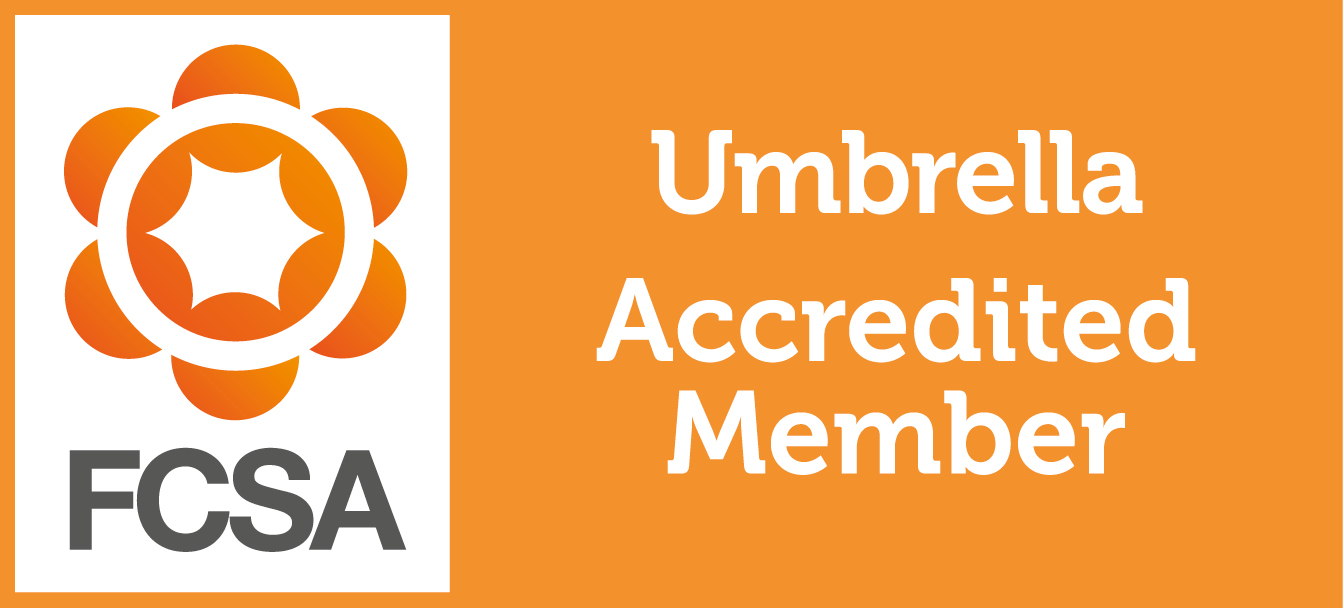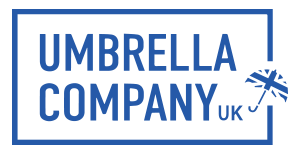
HMRC is on the path to take down the practice of tax avoidance and tax evasion by introducing measures preventing taxpayers from taking advantage of the system. This includes the disguised remuneration of income through the use of loan schemes – which while legal at the time, has resulted in thousands of contractors and ex-contractors owing backdated tax.
Read more about the Loan Charge 2019 and how you may be affected if you operated through a loan scheme between 6 April 1999 and 5 April 2019.
The 2019 Loan Charge explained
HMRC introduced the 2019 Loan Charge to recuperate unpaid tax by individuals who used disguised remuneration schemes from 6 April 1999. This includes receiving part or all of income through a loan, resulting in little or no tax paid. If you used such a scheme during the timeframes mentioned above, you will either have to register to settle with HMRC as soon as possible or face the Loan Charge.
There is an outstanding review of the fairness and legality of the Loan Charge, however until the review’s findings are published and next steps are outlined the Loan Charge is still in effect. As such you should still take appropriate action according to your circumstances if you’re affected. Speak to a tax adviser for your options.
What loan schemes would make you liable for the Loan Charge?
A few types of schemes that have been identified included Employee Benefit Trusts (EBT), Contractor Loan Schemes or Arrangements and Employer Financed Retirement Benefit Schemes (EFRBS) – to name a few. This list is not exclusive and you should check whether the type of scheme you used may fall under those that fall within the Loan Charge rules. New schemes are always popping up designed to be attractive to taxpayers due to the increased take home pay offered, helping the scheme to earn money but facilitating tax avoidance.
Every taxpayer who receives income is required to pay tax, which means these schemes don’t work and will land you in trouble with HMRC. The fairness of the Loan Charge is up for debate, however it’s imperative not to participate in such schemes and if you do, exit them as soon as possible.
What does HMRC expect to recoup with the Loan Charge?
As mentioned, loan schemes are designed to avoid tax and are costing the government billions of pounds each year.
It is believed that since 2010, HMRC has put in place over 100 rules and processes to stop tax evasion (illegal) and tax avoidance (legal). It predicts that over £175 billion has been saved that otherwise would have been unpaid tax. HMRC is planning to continue to improve and advance such regulations so that the money lost falls to an estimated £1.2 billion per annum.
What you should do if you may be affected by the Loan Charge
Applying to settle with HMRC might be your best option to avoid having to pay the charge, which will be a percentage of all your loans at the current rate of tax (rather than the rate at the time). If you wait for the Loan Charge to apply, you may also have additional penalties levied against you. However HMRC has said it will have reasonable payment terms put in place for those who apply to settle their loan. Speak to a tax adviser in the first instance as they will have the best advice in light of the pending Loan Charge review.
HMRC’s position is that all untaxed loans made through disguised remuneration schemes should be regarded as income, and therefore tax is due. The intention of a true loan is to be repaid, rather than being issued without any expectation of repayment like the schemes we’ve mentioned here.
Can your recruitment agency be held accountable?
If your recruitment agency at the time recommended you to a disguised remuneration scheme, knowing that they were facilitating tax evasion, they can be held responsible and face penalties and criminal charges as per the Criminal Finances Act 2017. However where tax avoidance is concerned, you still owe the tax and it’s a bit more difficult to hold the agency responsible – although it is possible.
The directors and staff at Umbrella Company UK have been trusted providers of contractor payroll since 1998 – and are fully accredited and audited by Professional Passport. Although we can’t advise you on the Loan Charge, we can assure you that our umbrella payroll services will not land you in any trouble with HMRC. Contact us or visit our Services page to find out how we can help you moving forward.






